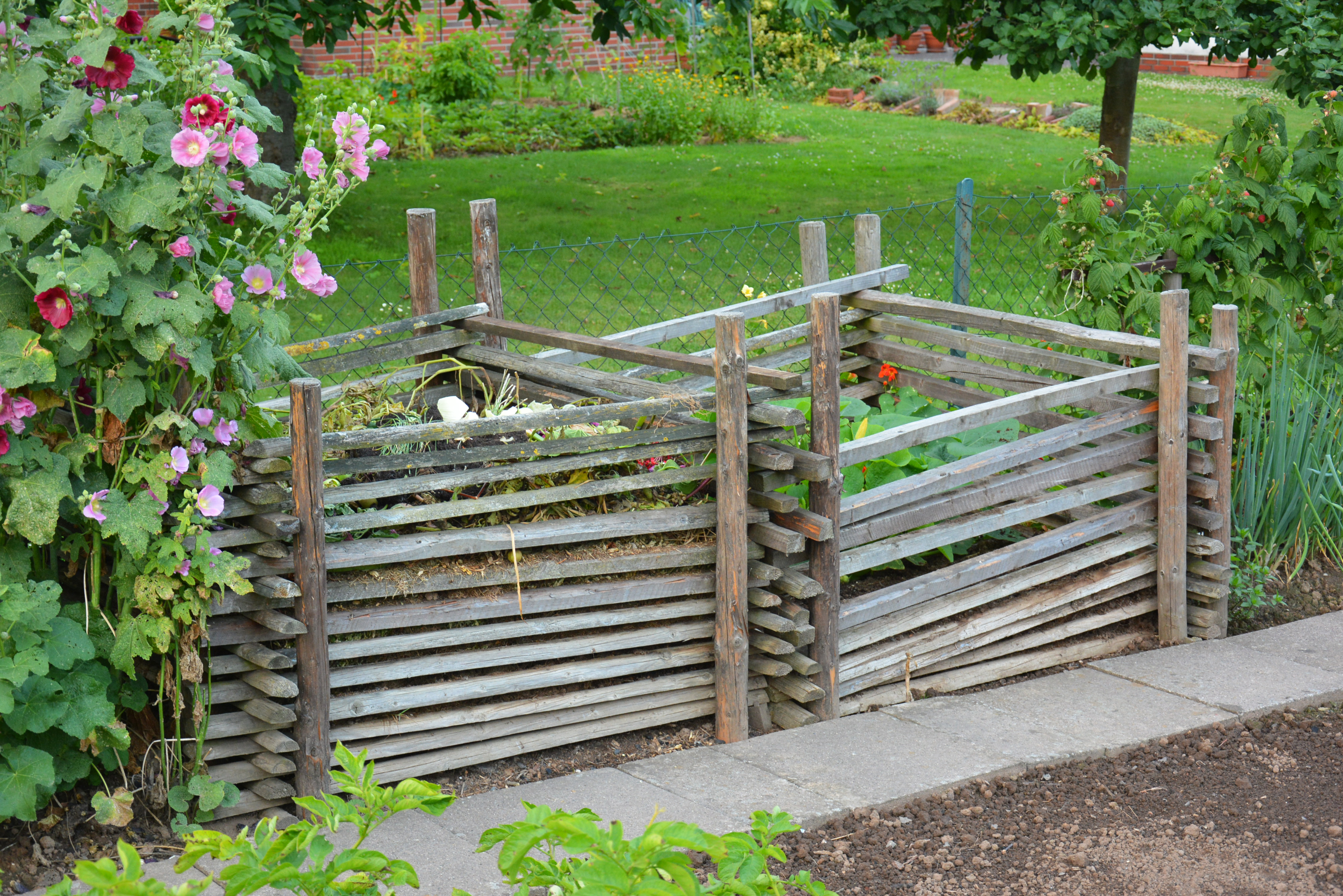Do you remember science class in grade school and how it touched on this topic? We sure didn’t! Even though composting has become more of a “trend” in the past few years, it’s been something we were already taught at an early age but may have forgotten. The importance of composting has grown in public consciousness in recent years, as it is eco-friendly, and a safe way to make gardens flourish with beautiful veggies and healthy, flavorful fruits.
What is composting? According to Earth Times, composting is simply the process of turning organic matter that is ready for disposal into something beneficial. Basically, organic materials like vegetable matter, eggshells, coffee grinds, tea bags (anything that is not animal-based) is placed in a suitable container or pile to decompose. Over time, these materials turn into a rich form of soil that is absolutely chock-full of vitamins and can help you grow amazing plants in any space. Amazingly, compost can also have the power to ward off harmful pests. So what’s the big deal and why should we get on the bandwagon? Composting can have a positive impact on droughts, climate change, landfills, and healthy food. Compost is made entirely from organic matter, which means it’s filled with minerals and nutrients that are ideal for growing food. Compost is way more valuable than regular soil in many ways!
The best part is that you don’t need a big house to start with. Here is a simple way to get you started!
First, determine how much space you have and how much brown and green material you generate. Then, purchase a compost bin, make your own, or see if your city provides them for free. Establish the right environment and appetite for your system and begin to add your inputs throughout the week. All organic material will eventually break down with or without you, but giving a little attention to your compost system can go a long way to keep things from getting gross and to ensure that you have a product you can use in your garden at the end.
Happy composting! Let’s keep in mind that even the smallest changes can make the biggest differences.
 Food
Food Farmers
Farmers Sustainable Living
Sustainable Living Living Planet
Living Planet News
News